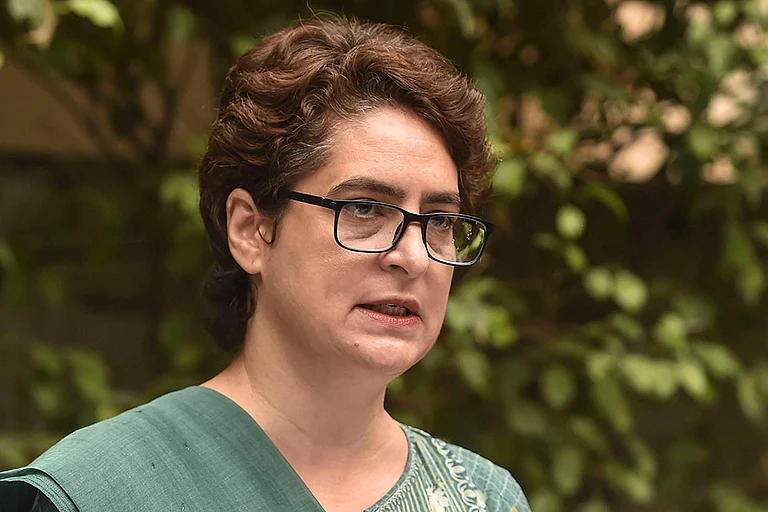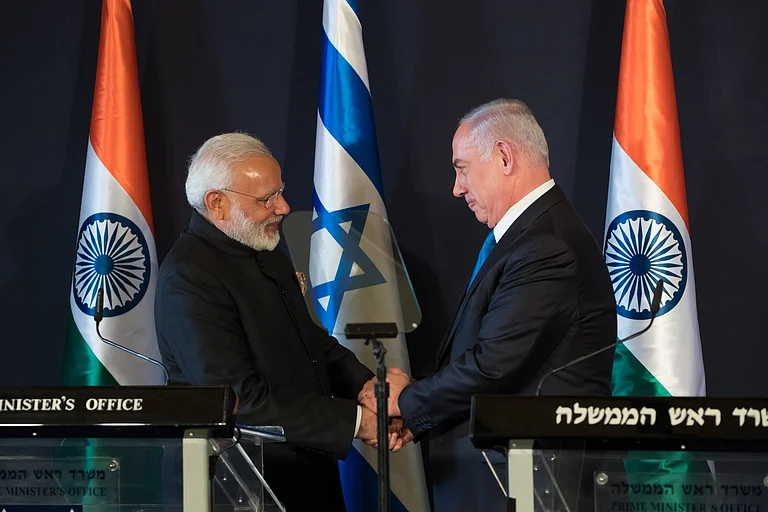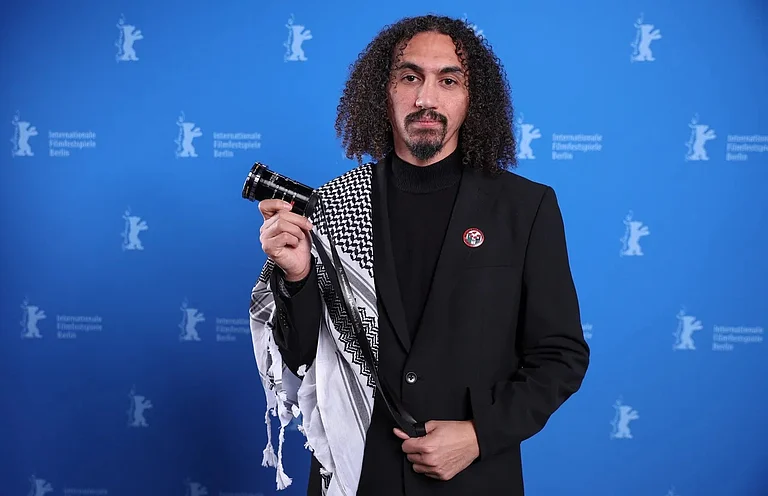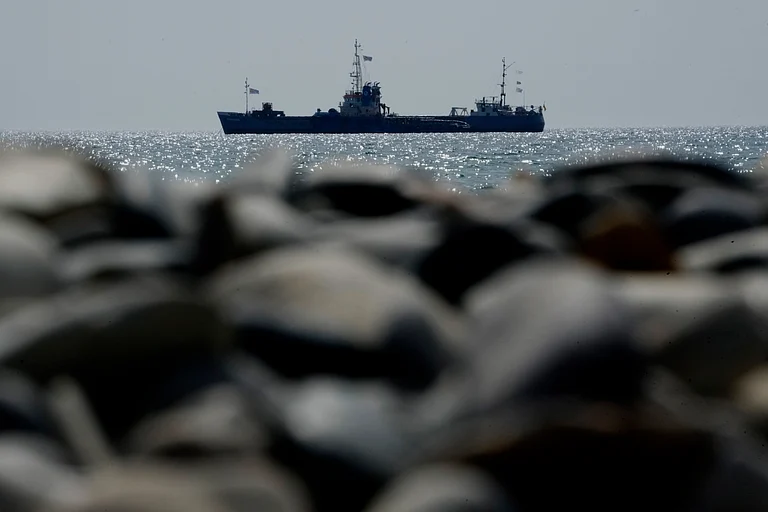
Israeli airstrikes in Gaza kill 26, including civilians, after two soldiers die in an attack.
Ceasefire resumes, and aid is set to resume under U.S. pressure.
Disputes persist over hostages' remains and Rafah crossing's reopening.
A ceasefire in Gaza resumed on Sunday after Israeli airstrikes killed at least 26 people, including a woman and a child, following the deaths of two Israeli soldiers in an attack by militants, Reuters reported. The incident marks the most serious test yet of the U.S.-brokered truce that began earlier this month.
The Israeli military said it struck Hamas targets across Gaza, including field commanders, gunmen, a tunnel, and weapons depots, after militants launched an anti-tank missile and fired on Israeli troops, Reuters reported.
U.S. President Donald Trump said the ceasefire remained in place and suggested Hamas leadership might not have been involved in the violations. “They've been quite rambunctious, and they've been doing some shooting, and we think maybe the leadership isn't involved, and then, you know, some rebels within, but either way it's going to be handled properly,” he said aboard Air Force One.
Trump added he was unsure whether the Israeli strikes were justified. “I'd have to get back to you on that,” he said. He also confirmed that his envoy Steve Witkoff and son-in-law Jared Kushner were expected to travel to Israel on Monday.
The armed wing of Hamas said it remained committed to the ceasefire, was unaware of clashes in Rafah, and had not been in contact with local groups since March, Reuters reported. U.S. Vice President JD Vance noted that about 40 different Hamas cells remain active and that disarmament measures on the ground were not yet fully in place.
Israeli Prime Minister Benjamin Netanyahu directed the military to respond forcefully to what he described as Hamas violations of the ceasefire. Israeli Defense Minister Israel Katz said the “yellow line” marking the ceasefire would be physically delineated and that any violation would be met with fire.
The conflict sparked renewed civilian fears, with residents in Nuseirat rushing to purchase goods and families in Khan Younis fleeing their homes after nearby airstrikes, Reuters reported. The strikes were compared to Israel’s response to perceived ceasefire violations by Hezbollah in late 2024, which largely held.
Disputes over the bodies of deceased hostages continue to strain relations. Hamas has released 12 of 28 deceased captives and all 20 living hostages, while Israel says Hamas is delaying the handover of remaining bodies. Hamas stated that special equipment is needed to recover corpses buried under rubble.
The Rafah crossing between Gaza and Egypt, closed since May 2024, remains largely shut. Its reopening and the resumption of aid depend on Hamas fulfilling obligations under the ceasefire. Hundreds of thousands in Gaza face food insecurity, according to the IPC global hunger monitor, and the United Nations says aid deliveries remain insufficient.
Key issues remain unresolved, including Hamas disarmament, governance of Gaza, the composition of an international stabilisation force, and progress towards a Palestinian state, Reuters reported.


























